The 16 personalities test is a widely used tool in the field of self-knowledge and career guidance. Based on the Myers-Briggs (MBTI) model, this test evaluates each person’s psychological preferences through different dimensions.
Its results can provide valuable information about how we interact with others and which work environments might be most suitable for us.
What is the OEJTS Test?
The OEJTS (Open Extended Jungian Type Scale) test is an open-source alternative to the 16 personalities test or the Myers-Briggs (MBTI) assessment.
This test evaluates personality through four key dichotomies: introversion vs. extroversion, sensing vs. intuition, thinking vs. feeling, and judging vs. perceiving. By understanding these preferences, individuals can make more informed career decisions and improve their interpersonal relationships.
There are no right or wrong answers in this test. Its goal is to determine each person’s dominant tendencies. With this information, self-awareness and understanding of how we interact with others become easier.
Additionally, knowing our personality type can help us find ways to improve our skills. It also allows us to make meaningful changes in our personal and professional lives.
What are the personality dichotomies?
The 16 personalities test is structured around four pairs of dichotomies. These help us better understand how we relate to the world. They are fundamental for self-awareness and essential in making vocational decisions.
- Judging (J) vs. Perceiving (P): This determines how we approach the outside world. Individuals with a judging preference favor planning and organization, while those with a perceiving preference are more flexible and adaptable.
- Introversion (I) vs. Extroversion (E): This dichotomy defines how we focus our attention and gain energy. If you are more introverted, you likely prefer solitary activities. On the other hand, extroverts tend to feel more energized when interacting with others.
- Sensing (S) vs. Intuition (N): This refers to how we perceive information. Sensing individuals prefer concrete facts and details, while intuitive individuals tend to seek patterns and long-term possibilities.
- Thinking (T) vs. Feeling (F): This pair indicates how we make decisions. Thinking types rely on logical reasoning, while feeling types are guided by emotions and personal values.
People use all four cognitive functions. However, one of them dominates over the others. The dominant function, along with the auxiliary function, significantly influences our decisions and behaviors.
What are the 16 Personalities?
From the interaction between these dichotomies, 16 personality types are defined. Each has its own characteristics, strengths, and challenges.
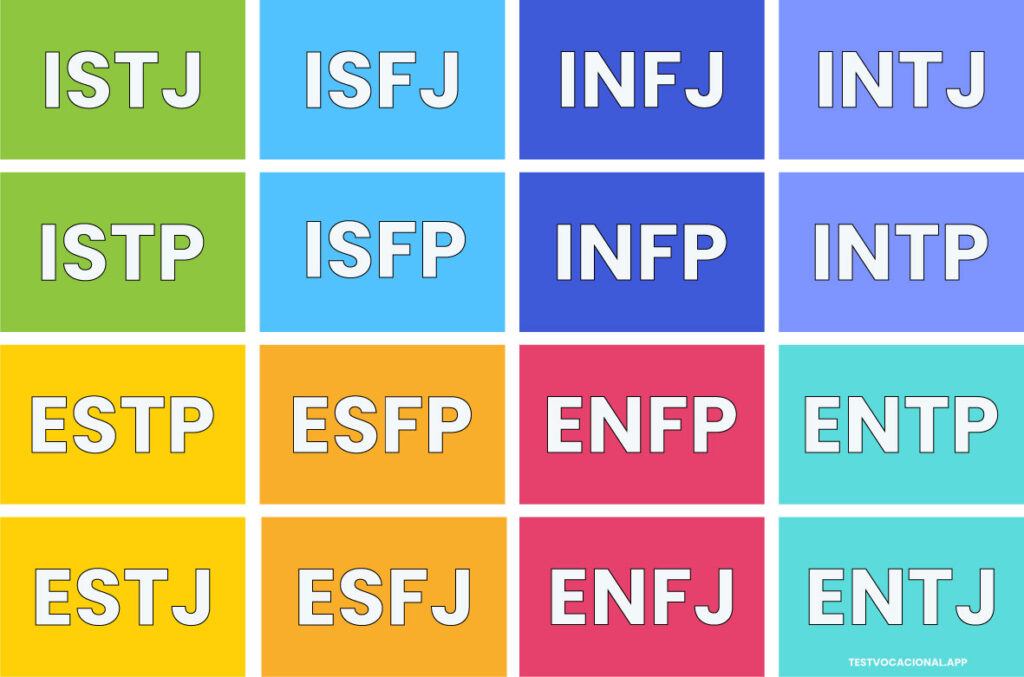
Here are the 16 personality types resulting from this test:
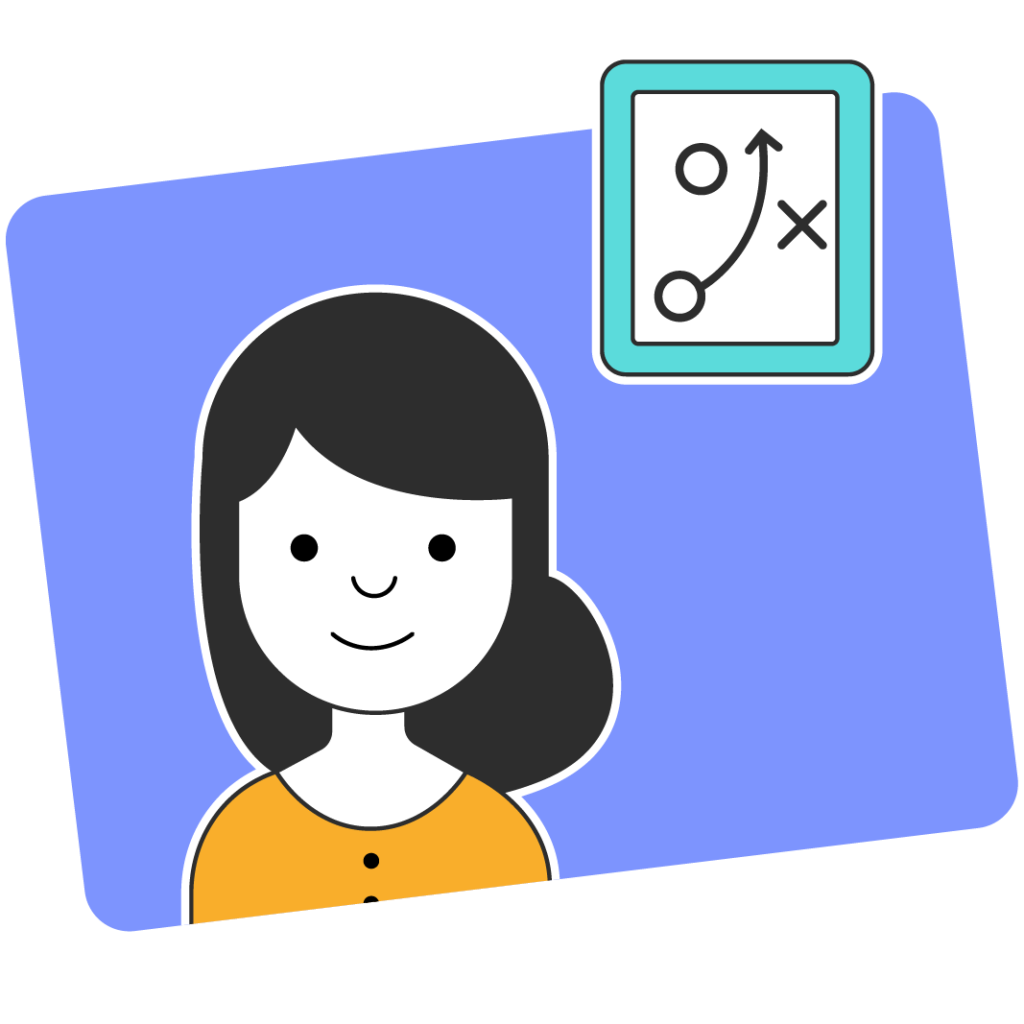
ENTJ – Commander: Extroverted, Intuitive, Thinking, and Judging.
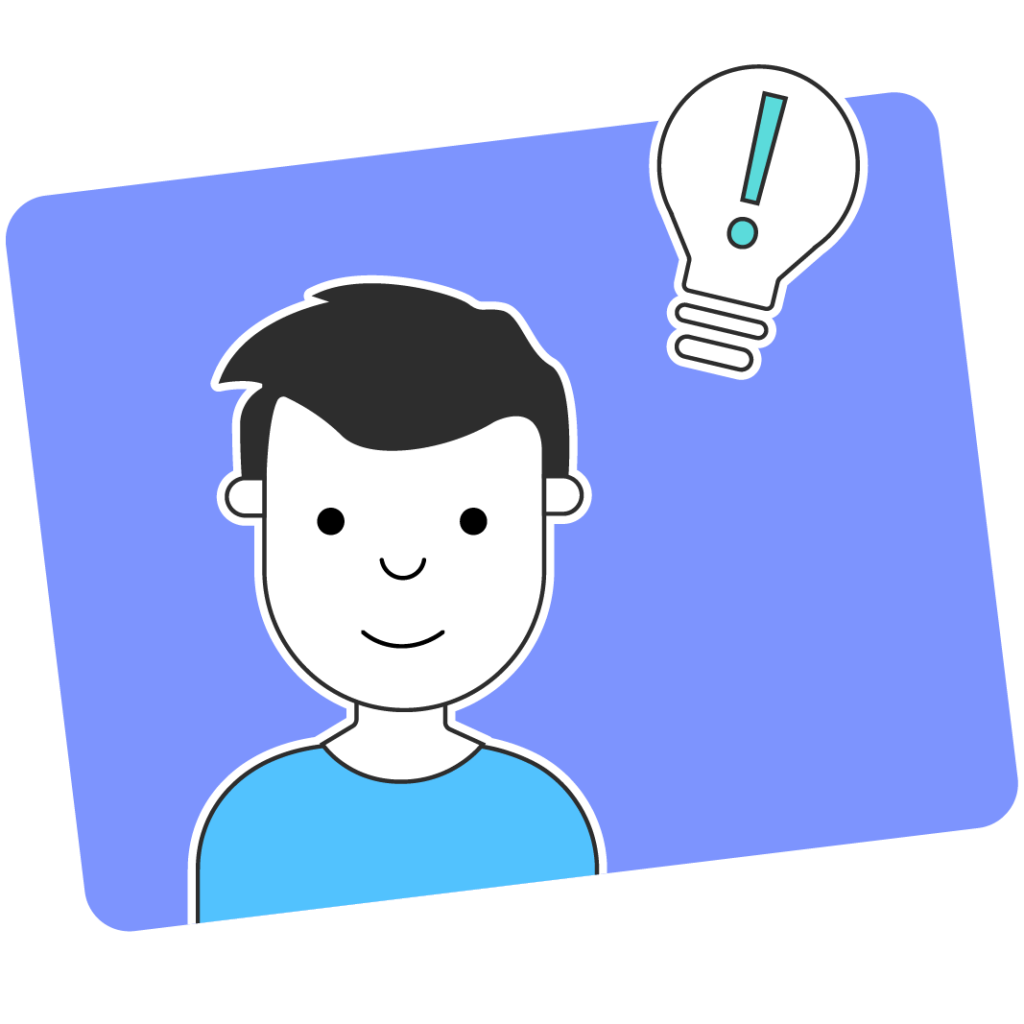
ENTP – Innovator: Extroverted, Intuitive, Thinking, and Perceiving.
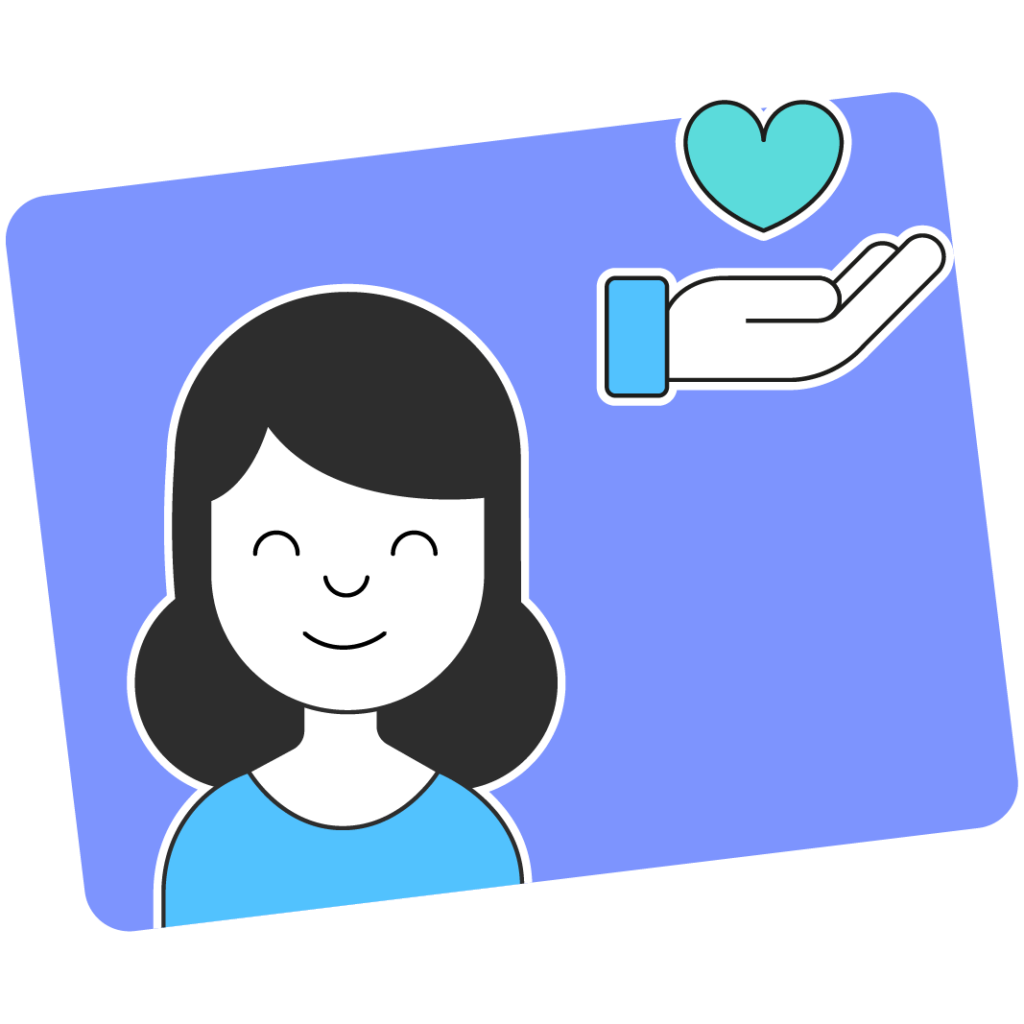
ESFJ – Consul: Extroverted, Sensing, Feeling, and Judging.
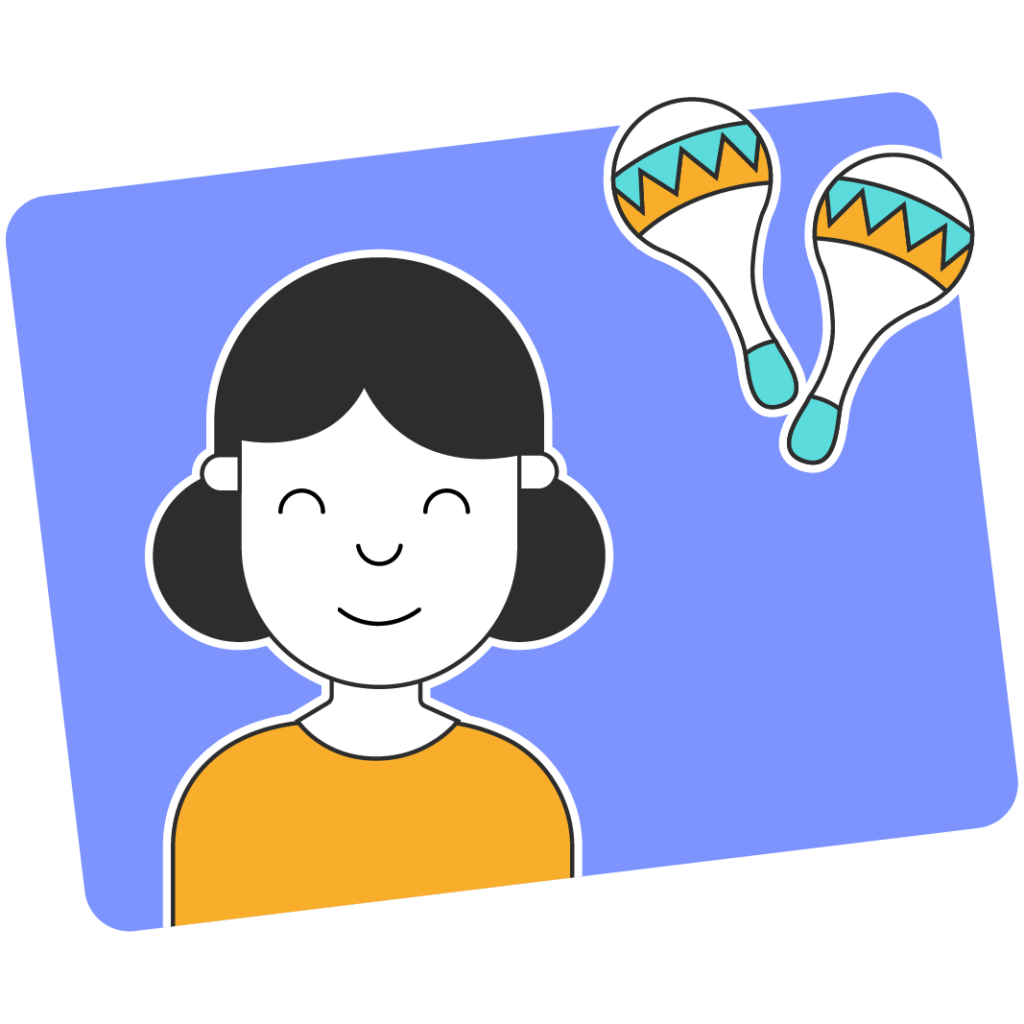
ESFP – Entertainer: Extroverted, Sensing, Feeling, and Perceiving.
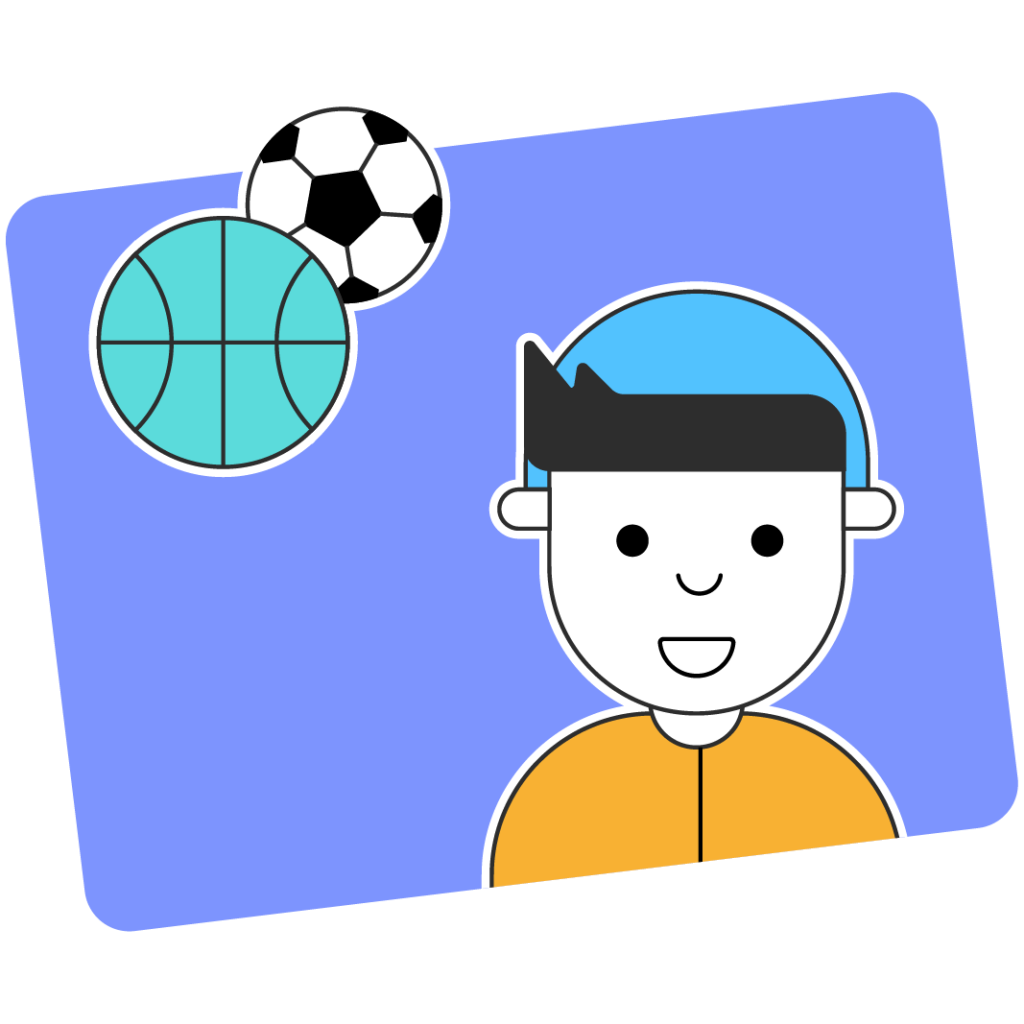
ESTP – Entrepreneur: Extroverted, Sensing, Thinking, and Perceiving.
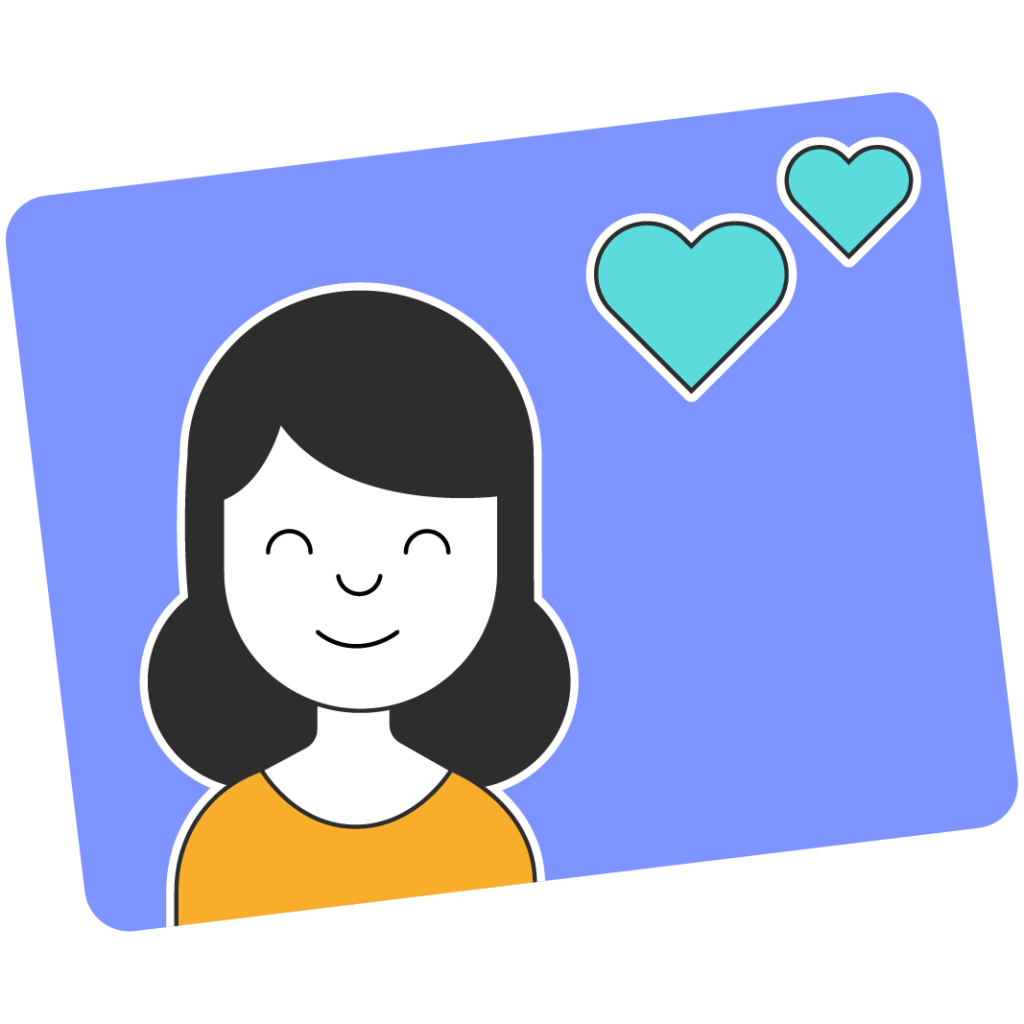
INFJ – Advocate: Introverted, Intuitive, Feeling, and Judging.

INFP – Mediator: Introverted, Intuitive, Feeling, and Perceiving.

INTJ – Architect: Introverted, Intuitive, Thinking, and Judging.
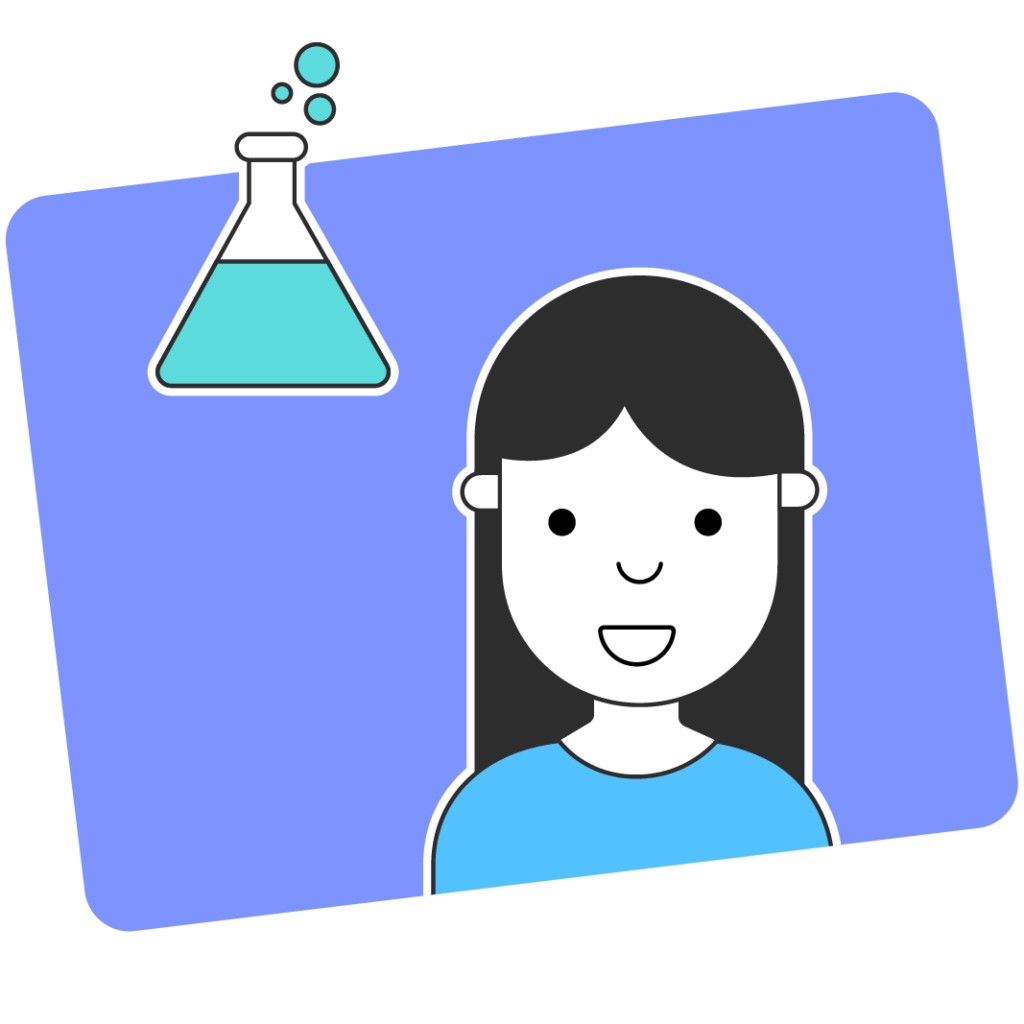
INTP – Logician: Introverted, Intuitive, Thinking, and Perceiving.
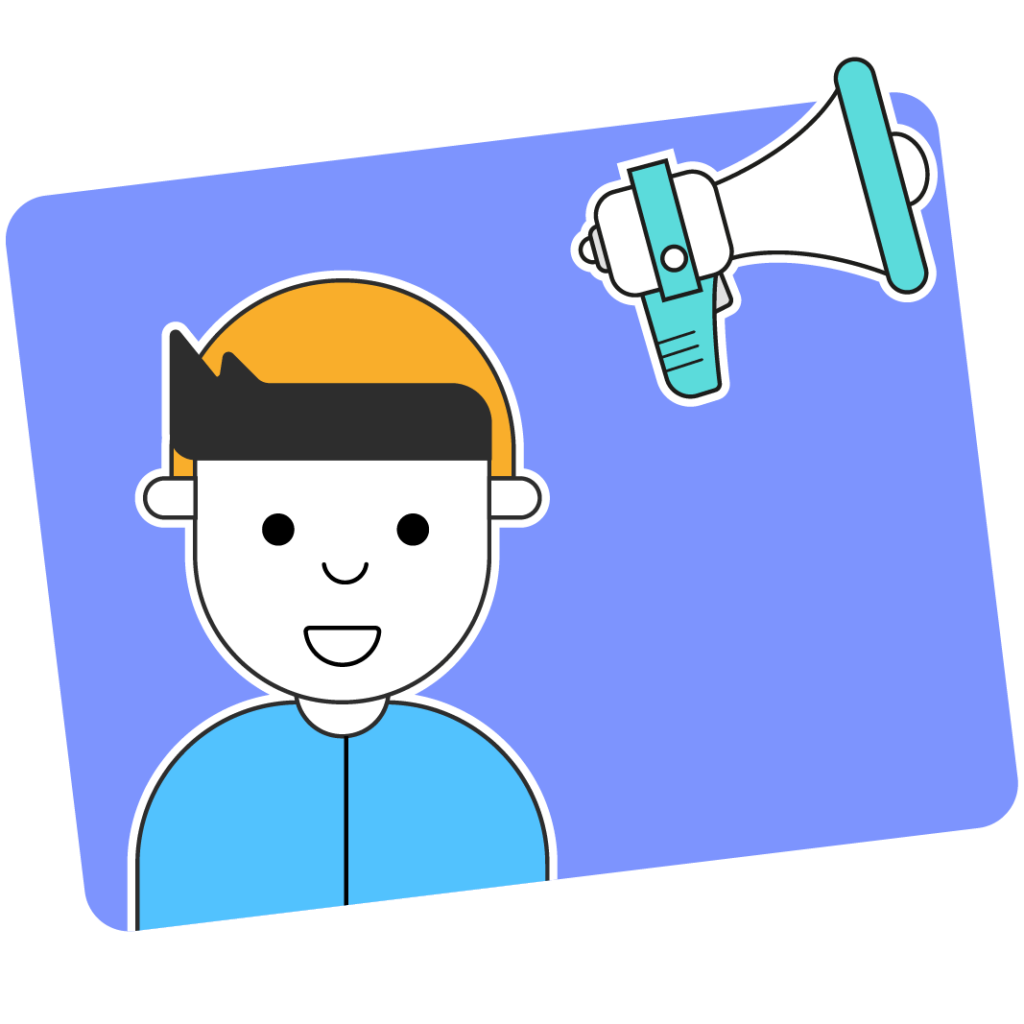
ENFP – Campaigner: Extroverted, Intuitive, Feeling, and Perceiving.
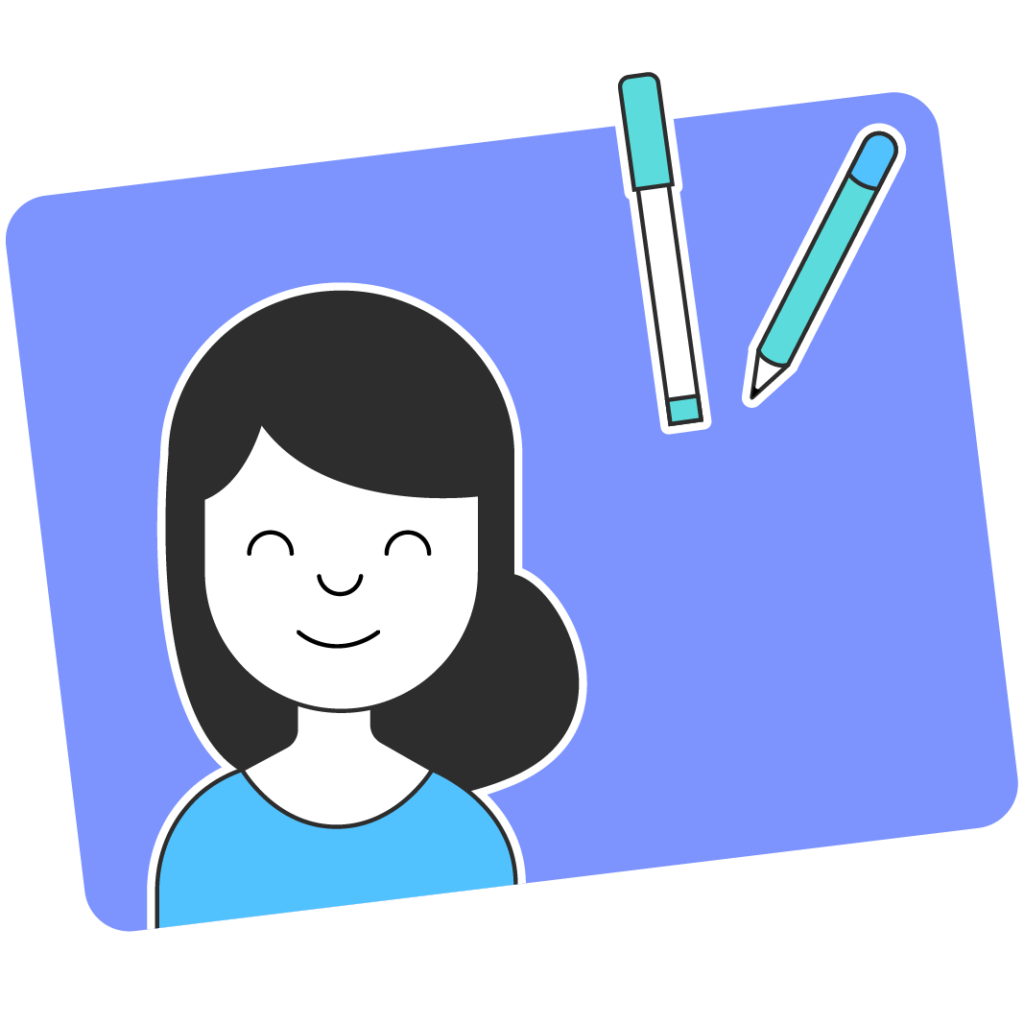
ISFP – Adventurer: Introverted, Sensing, Feeling, and Perceiving.
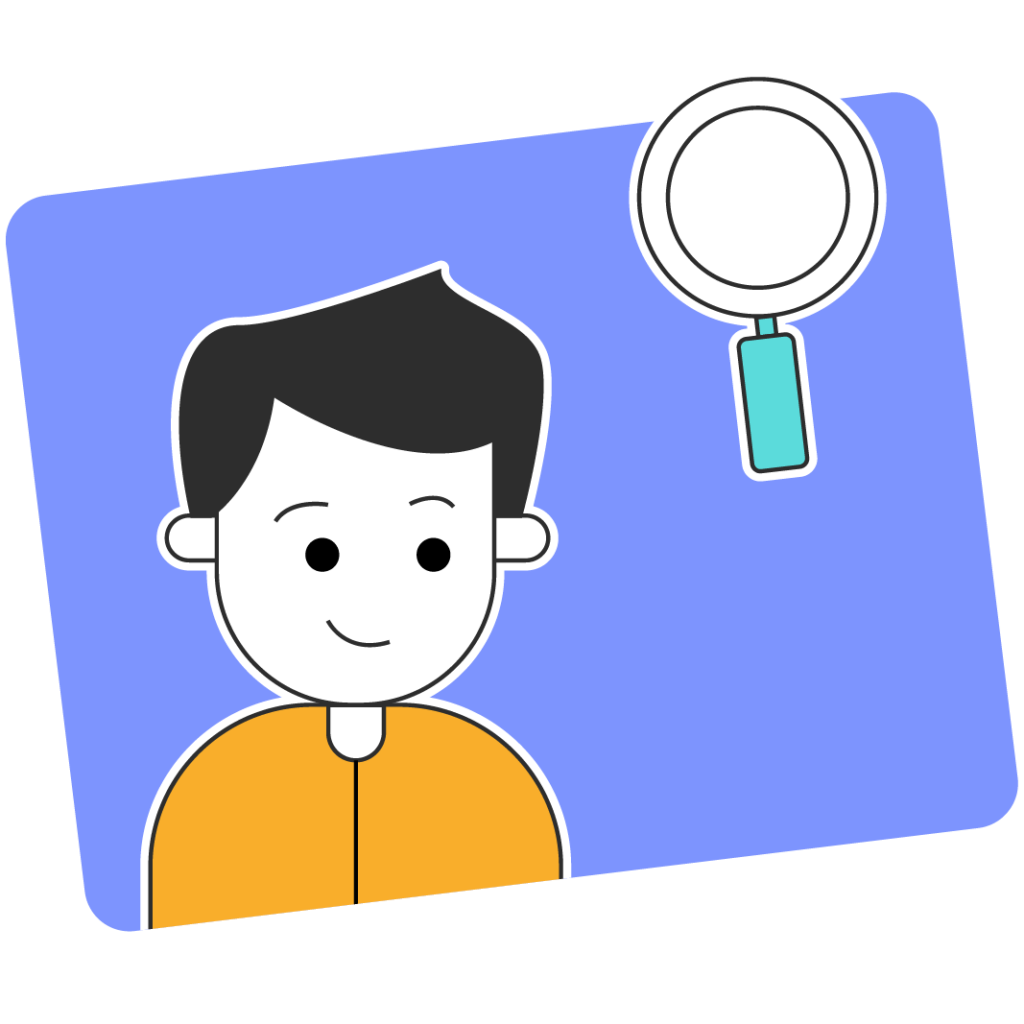
ISTJ – Logistician: Introverted, Sensing, Thinking, and Judging.
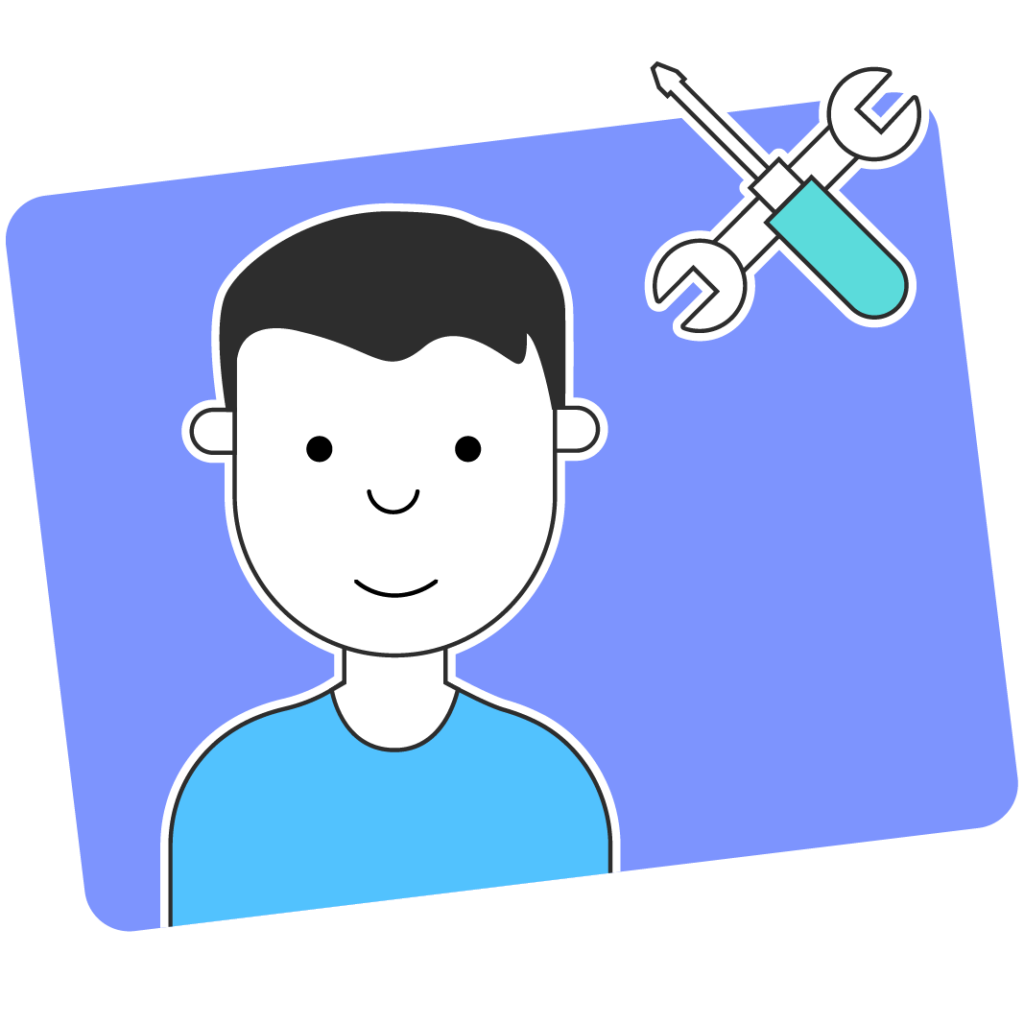
ISTP – Virtuoso: Introverted, Sensing, Thinking, and Perceiving.
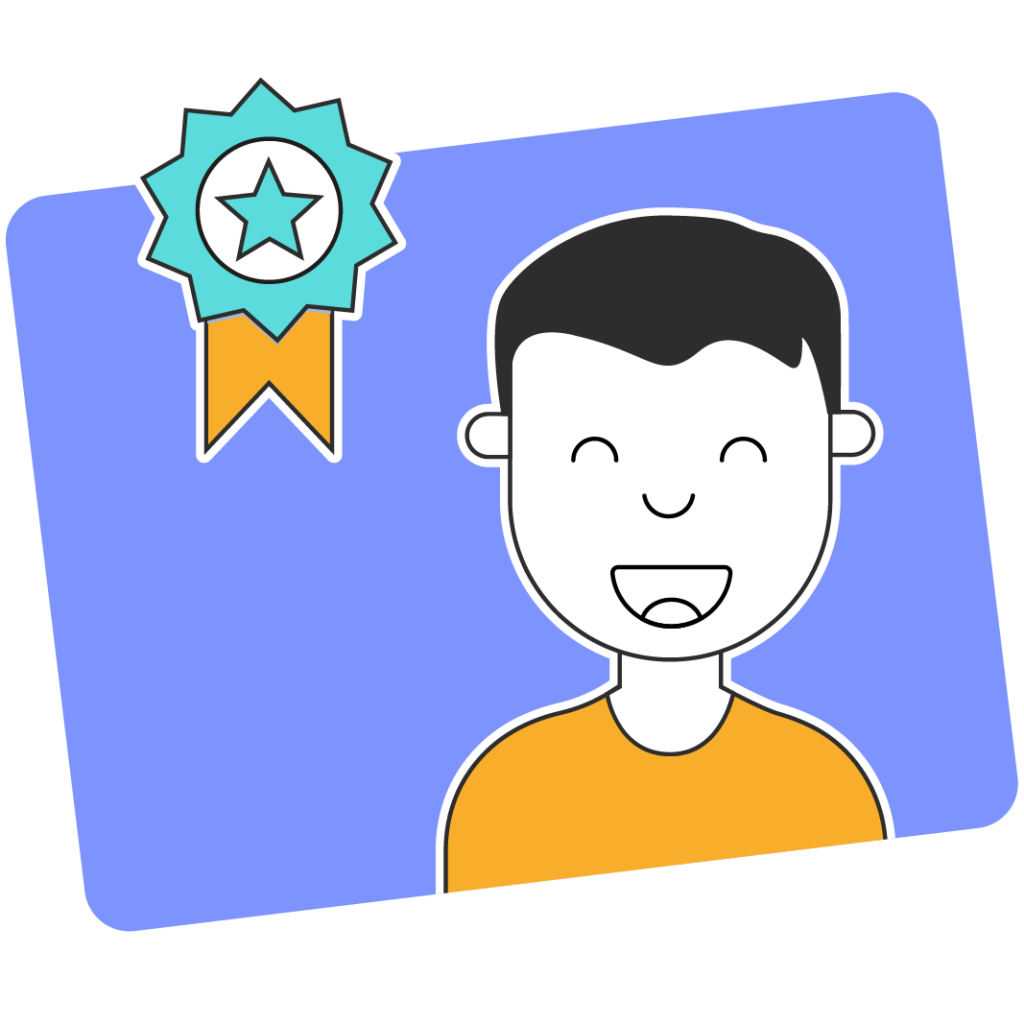
ENFJ – Protagonist: Extroverted, Intuitive, Feeling, and Judging.
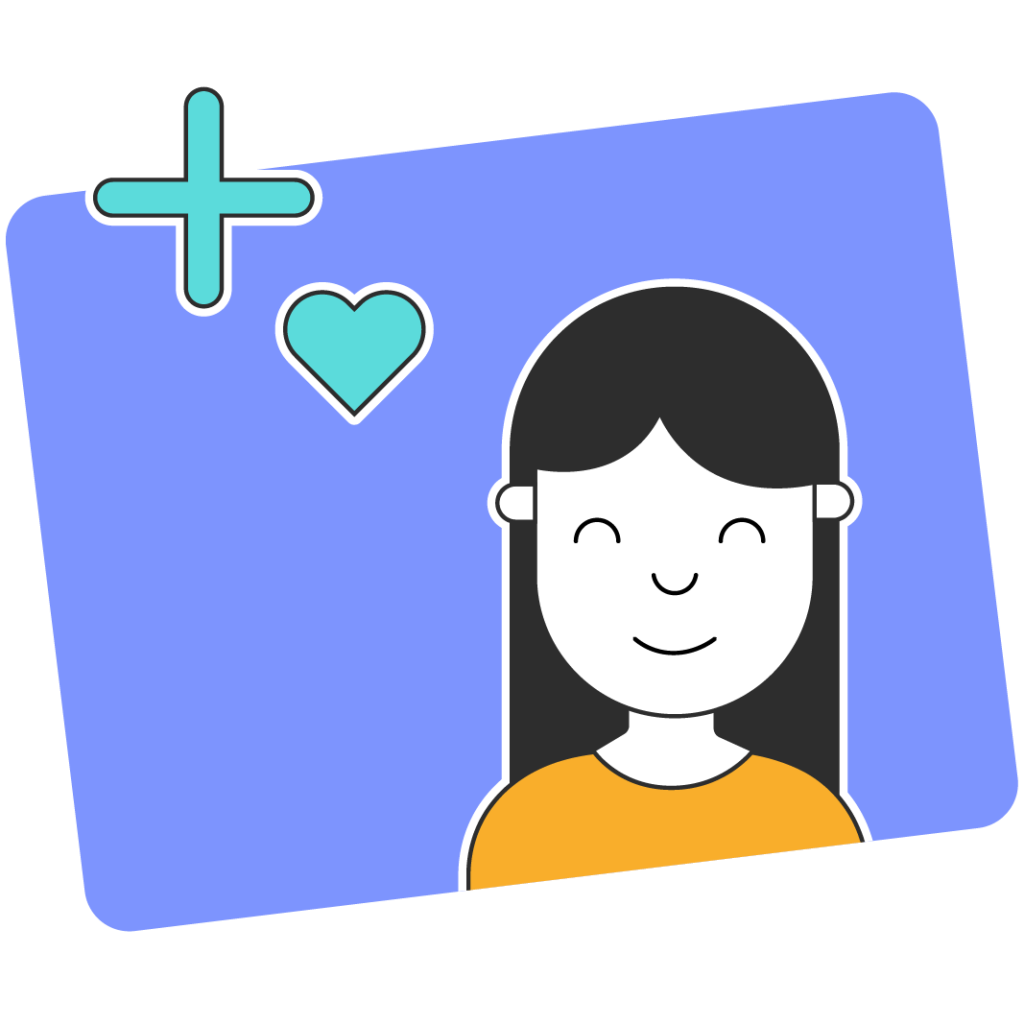
ISFJ – Defender: Introverted, Sensing, Feeling, and Judging.
Each personality type has its own four-letter code. This code reflects the dominant psychological preferences of each individual. Understanding them helps us better comprehend our behavior in different environments. It also facilitates personal and professional decision-making.

Why is the OEJTS test important for your career guidance?
The 16 personalities test can be an essential tool for career guidance. By better understanding our preferences and how we interact with the world, we can make more accurate career choices and find a path that aligns with our natural strengths.
For example, if you prefer extroversion, you might be more drawn to careers that involve interacting with people, such as sales, teaching, or team management. On the other hand, if you lean toward intuition and emotion-based decision-making, you might be better suited for creative roles or vocations that involve direct help to others, such as design or psychology.
How to use the 16 personalities test in your professional development?
By taking the personality test, you will obtain a unique profile that will help you identify areas of your life that could improve, both personally and professionally. This can be particularly useful when choosing a vocational path or making decisions within your current career. The results can guide you to explore new fields or refine your existing skills to achieve success in a work environment that best fits your personality.
In summary, the 16 personalities test is not only useful for understanding your personality but can also provide you with the tools needed to make better professional choices. If you are looking for career guidance, this test is an excellent starting point to get to know yourself better and make informed decisions about your professional future.
If you want to delve deeper into the topic, we invite you to read our article about different personality tests and how they can help you choose your profession: Personality Test – Choose Your Career.


